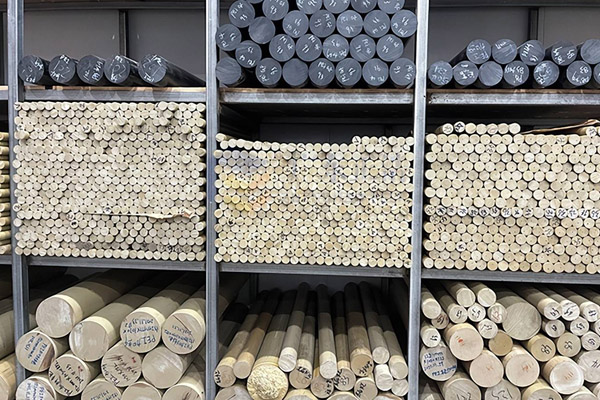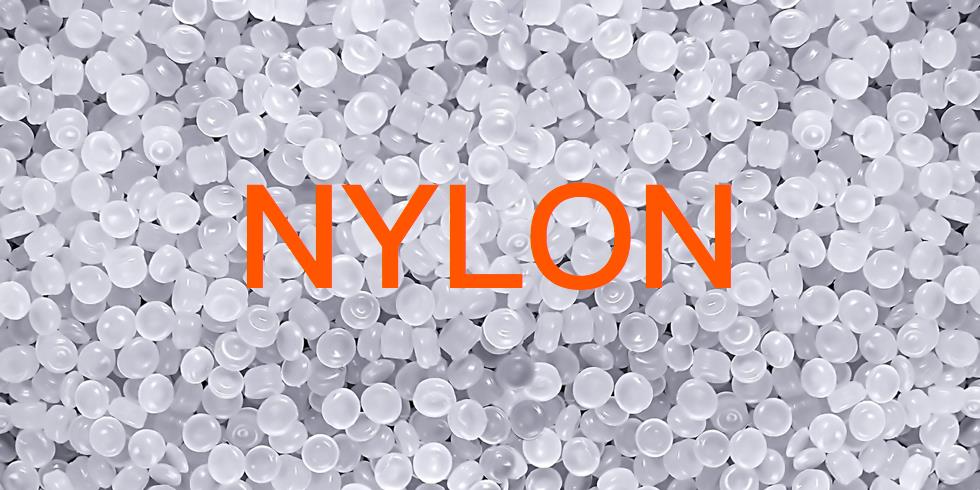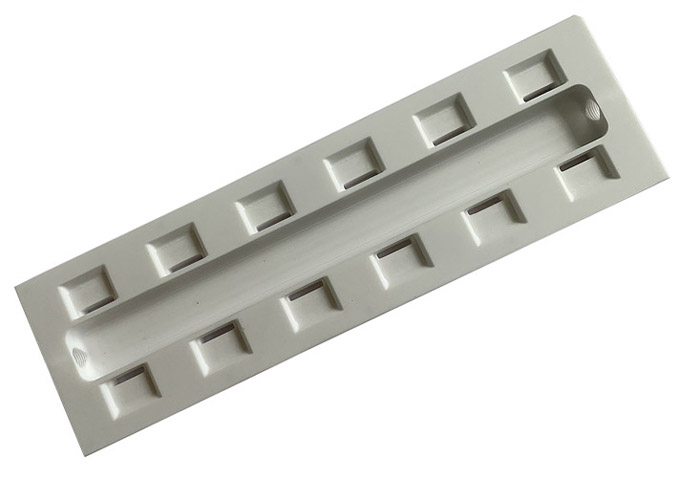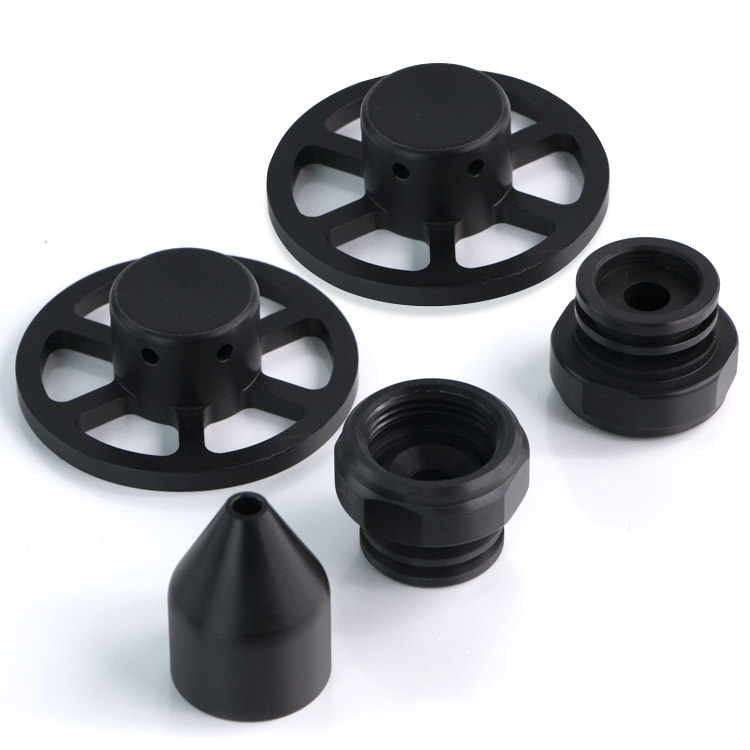15 years one-stop China custom CNC machining parts factory

Hey there I’m VMT Sam!
With 25 years of CNC machining experience we are committed to helping clients overcome 10000 complex part-processing challenges all to contribute to a better life through intelligent manufacturing. Contact us now
 332 |
Published by VMT at Aug 15 2023
332 |
Published by VMT at Aug 15 2023
Polyimide and nylon are two distinct types of polymers that have various industrial and commercial applications. While they might share some similarities in terms of being polymers, they have unique properties, characteristics, and uses. In this article, we will delve into the key differences and applications of polyimide and nylon, shedding light on their respective roles in various industries.
Table of Contents
Introduction
Polyimide: A Closer Look
Understanding Polyimide
Properties of Polyimide
Nylon: An Overview
Exploring Nylon
Nylon's Properties and Variants
Distinguishing Features
Thermal Stability: Polyimide vs. Nylon
Mechanical Strength and Durability
Chemical Resistance and Applications
Applications of Polyimide
Aerospace Industry
Electronics and Electrical Components
Automotive Sector
Applications of Nylon
Textile Industry
Manufacturing and Engineering
Consumer Goods
Comparative Analysis
Heat Resistance and Performance
Flexibility and Rigidity
Environmental Impact
Choosing the Right Material
Conclusion
Frequently Asked Questions (FAQs)
Introduction
Polyimide and nylon are both synthetic polymers used in various industries for their distinct characteristics and properties. Despite both being polymers, they serve different purposes due to their unique traits.
Polyimide: A Closer Look
Understanding Polyimide
Polyimide is a high-performance polymer known for its exceptional thermal stability and mechanical strength. It is widely used in applications where extreme temperature resistance is required, such as aerospace and electronics.

Properties of Polyimide
Polyimide exhibits remarkable thermal stability, making it capable of withstanding high temperatures without significant degradation. This property makes it suitable for applications involving harsh environments.
Nylon: An Overview
Exploring Nylon
Nylon, on the other hand, is a versatile synthetic polymer known for its durability and flexibility. It is commonly used in textiles, engineering, and consumer goods due to its strength and ease of manufacturing.

Nylon's Properties and Variants
Nylon comes in various variants, each with specific properties suited for different applications. It offers good mechanical strength, wear resistance, and is relatively cost-effective.
Distinguishing Features
Thermal Stability: Polyimide vs. Nylon
One of the primary differences between polyimide and nylon is their thermal stability. Polyimide excels in high-temperature environments, whereas nylon may experience melting or deformation at elevated temperatures.
Mechanical Strength and Durability
Polyimide boasts exceptional mechanical strength, allowing it to maintain its integrity under stress. Nylon also offers good strength but may not be as resistant to extreme conditions as polyimide.
Chemical Resistance and Applications
Polyimide's resistance to chemicals and solvents makes it suitable for applications involving exposure to aggressive substances. Nylon, while less chemically resistant, finds use in various consumer products and industrial applications.
Applications of Polyimide
Aerospace Industry
Polyimide's heat resistance and mechanical strength make it invaluable in aerospace applications, such as aircraft engines and structural components.
Electronics and Electrical Components
Polyimide's electrical insulation properties and ability to withstand high temperatures make it an ideal choice for manufacturing electronics and electrical components.
In the automotive industry, polyimide finds use in gaskets, seals, and other components that require heat resistance and durability.

Applications of Nylon
Textile Industry
Nylon's lightweight nature and flexibility make it a preferred choice in the textile industry for producing clothing, accessories, and even industrial fabrics.
Manufacturing and Engineering
Nylon's versatility makes it a staple in manufacturing and engineering applications, including gears, bearings, and various machine components.
Consumer Goods
From toothbrush bristles to kitchen utensils, nylon's durability and ease of molding make it a common material in a wide range of consumer goods.

Comparative Analysis
Heat Resistance and Performance
Polyimide outperforms nylon in high-temperature environments, making it indispensable in applications requiring heat resistance.
Flexibility and Rigidity
Nylon's flexibility contrasts with polyimide's rigidity. The choice depends on the application's specific requirements.
Environmental Impact
Nylon is more susceptible to environmental degradation than polyimide due to differences in their chemical structures.
Selecting between polyimide and nylon depends on the intended application's demands. Consider factors like temperature, mechanical stress, and chemical exposure.
Conclusion
In conclusion, polyimide and nylon are distinct polymers with unique properties that determine their applications across various industries. While polyimide excels in high-temperature environments, nylon's flexibility and versatility make it suitable for a wide array of applications. Understanding their differences is crucial in making informed decisions for material selection in different industries.
Frequently Asked Questions (FAQs)
Is polyimide suitable for applications involving exposure to chemicals?
Yes, polyimide's chemical resistance makes it suitable for such applications.
Can nylon withstand high temperatures like polyimide?
Nylon's heat resistance is lower than that of polyimide, limiting its use in extreme temperatures.
What industries commonly use polyimide?
Polyimide finds application in aerospace, electronics, and automotive industries.
Is nylon used in engineering applications?
Absolutely, nylon's versatility makes it a popular choice in various engineering applications.
Which polymer is more environmentally friendly?
Polyimide generally has a lower environmental impact due to its chemical structure.
Ready To Start Your Next Project?
Get Instant Quote

Request a Free Quote
Send us a message if you have any questions or request a quote. We will get back to you ASAP!